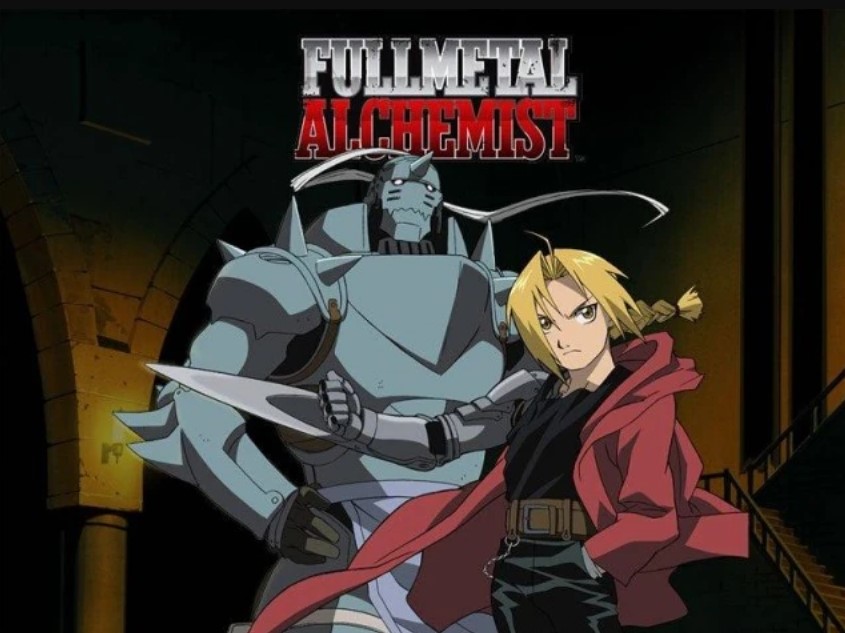In a recently resurfaced interview, Hiromu
Arakawa, the author and illustrator of the manga “ Fullmetal
Alchemist , ” confessed that she never believed her acclaimed
dark fantasy series would make it past the second volume. This revelation has
captured the attention of fans, who have revived this interview from a few
years ago and which has once again occupied the number one position on Febri.
Arakawa, who grew up in a rural environment within a
farming family, shared in the interview how his first interests in manga and
illustration began at an early age. As the conversation delves into her
professional career, the author reveals a surprising truth: she had no
confidence that “Fullmetal Alchemist” would survive beyond its first two
volumes. At the time of its launch, Square Enix-owned Monthly Shonen
Gangan magazine often canceled a series if its sales were poor after the publication
of two volumes.
©Hiromu Arakawa / Square Enix
" The first chapter was published in
color, but after that I didn't receive any more color pages ,"
Arakawa commented. « I thought, 'Oh, so he's not popular,' and I was
relieved (laughs). In Monthly Shonen Gangan, they cancel the
series after two volumes if it's not successful, so I considered that
possibility as well. I thought if it didn't work, I'd just say 'next,
next, next.' So when I heard the number of copies of the first volume, I thought,
'It's definitely not going to sell.' I spoke to my editor and told
him, 'If it doesn't sell, we're going to tour the north together to promote it'
(laughs) ."
However, fate had other plans for “Fullmetal
Alchemist.” The series became one of Square Enix's most successful
franchises, selling over 80 million volumes worldwide as of July 6, 2021. The
manga ran for nine years, from July 12, 2001 to on June 11, 2010, and
culminated in a total of 27 volumes.
“Fullmetal Alchemist” not only left an indelible mark
on the world of manga, but also inspired two successful anime adaptations, both
produced by renowned animation studio BONES. The first adaptation,
“Fullmetal Alchemist” (2003-2004), deviated from the source material when
it reached the chapters Arakawa was still writing, leading to an original
ending. The second adaptation, “Fullmetal Alchemist: Brotherhood”
(2009-2010), was a more faithful version of the manga , although it
faced criticism in its first episodes for having summarized parts that had
already been covered in the 2003 series to get to the story faster. unadapted
material.
The success of “Fullmetal Alchemist” is
a testament to the talent of Hiromu Arakawa and his ability to create a story
that deeply resonated with readers and viewers around the world. Although
the author initially had doubts about the future of her work, the work not only
exceeded those expectations, but also established itself as one of the most
beloved and respected series in the history of manga and anime.
Source: Febri











